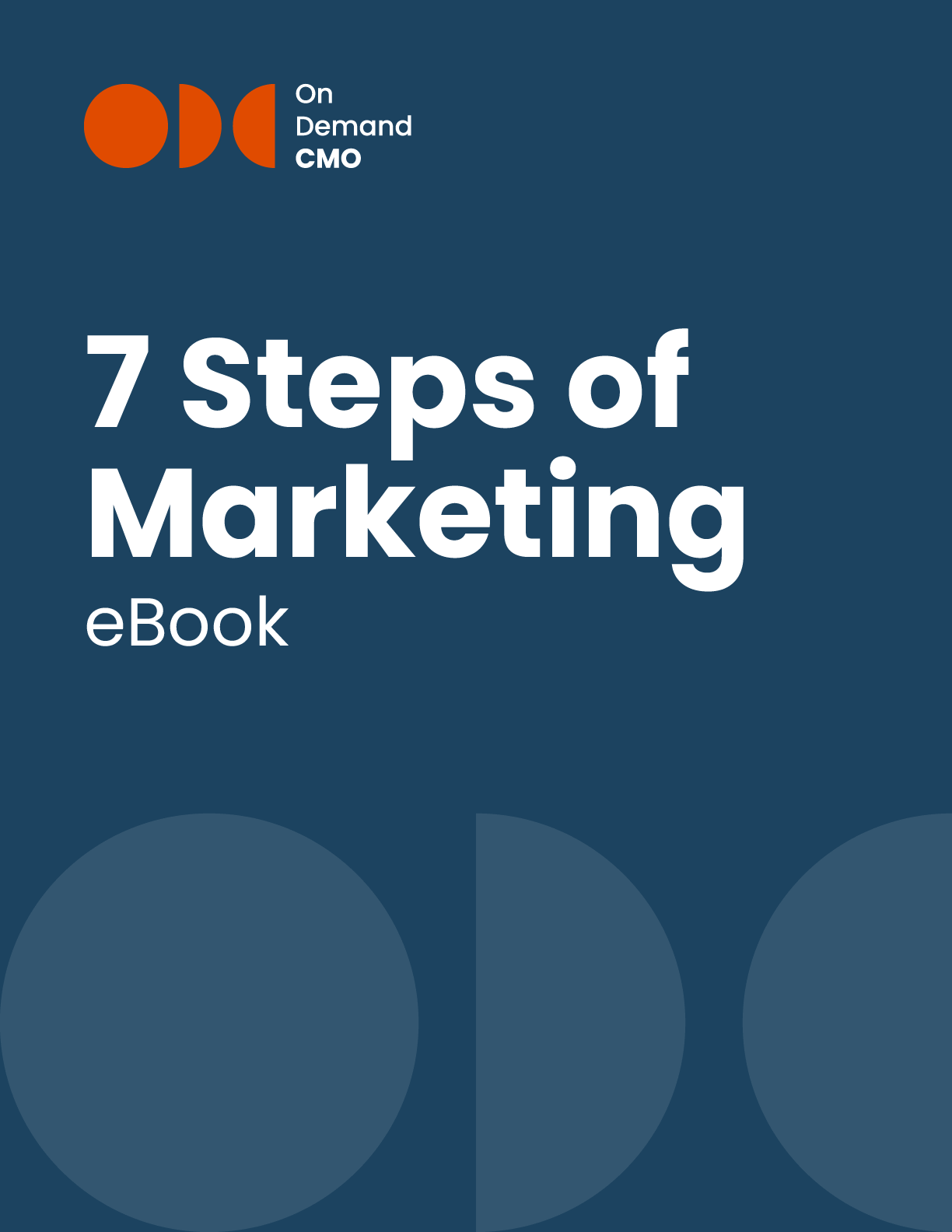
I want to have a successful career – and I’m sure that you do too. I’ve developed an on-going list of common characteristics that successful people have. This list is not based on scientific studies. It’s simply my observations from working with leaders in the professional world for 25+ years.
One unique characteristic of successful people is their ability to know when to apologize and more specifically, when not to apologize. Yes, there is certainly a time and a place for an apology, but there always needs to be a good reason for one. This topic is especially relevant to women, as they reportedly apologize 37% more often than men do.
Let’s take a look at how Coca-Cola damaged its reputation by giving an apology that it should not have given. In the late 1990s, European customers started complaining that Coke products were making them sick. Initially, M. Douglas Ivester (The chairman and CEO of Coca-Cola at the time) ignored the feedback and insisted that his company’s products were fine. The public continued to protest to the point where the governments of several countries placed bans on Coca-Cola products!
When Ivester saw how serious the problem was, he apologized profusely on behalf of the company. He declared that consumer trust was sacred to Coca-Cola and that the company executives deeply regretted the problems that European customers were experiencing. Ivester’s apology was one of the most elaborate public apologies ever given by an American CEO. In Belgian newspaper ads, he said, “I’m sorry”, “we regret” or “I apologize” five times.
Ivester’s apology would have been appropriate – if Coca-Cola had actually been responsible for making its customers sick. After further investigation, there was little evidence that Coca-Cola products were the cause of sickness. Many of the children who complained of becoming sick, hadn’t even had Coke that day!
Because Coca-Cola was not responsible for making people sick, Ivester’s dramatic apology badly damaged his professional reputation and the reputation of his company. This crisis led him to step down within two years of becoming CEO. It also took many years for Coca-Cola to regain the trust of the European market.
We can learn a lot from this example of an inappropriate apology. Here are two questions to ask yourself when you feel like you should be apologizing:
“Yes” – Apologize! If you’re late to a meeting or mix up a customer’s order, have the guts to own up to it. If Coca-Cola really had been at fault, an apology would certainly have been necessary.
“No” – Do not apologize! It is shockingly easy to apologize for things that we have absolutely no control over. Unnecessary apologies will hurt your professionalism and give others reason to doubt your judgment. This is exactly what happened to Coca-Cola when Ivester apologized for something that the company was not responsible for.
“Yes” – Apologize! Assuming you are at fault, determine the best way to make amends, and do it.
“No” – It depends. It is not always necessary to ask for forgiveness when you are at fault. I am not saying that you should act unethically! I am simply saying that you should discern if something is apology-worthy. This point is especially important for women, as research has found that they deem more things as apology-worthy than men do.
Take the time to answer these questions before jumping to apologize. This short sketch “I’m Sorry” aired on “Inside Amy Schumer” exaggerates the issue of inappropriate apologies – but it certainly gets the point across!

OnDemandCMO has authored 7 Steps of Marketing, the only marketing guide book you’ll need to either get your marketing started properly, or stay on track strategically.
It features best practices on branding, messaging, social media, lead generation and much in between.
Please let us know who you are, and we'll share a few of our secrets (we don't sell or trade your info)!